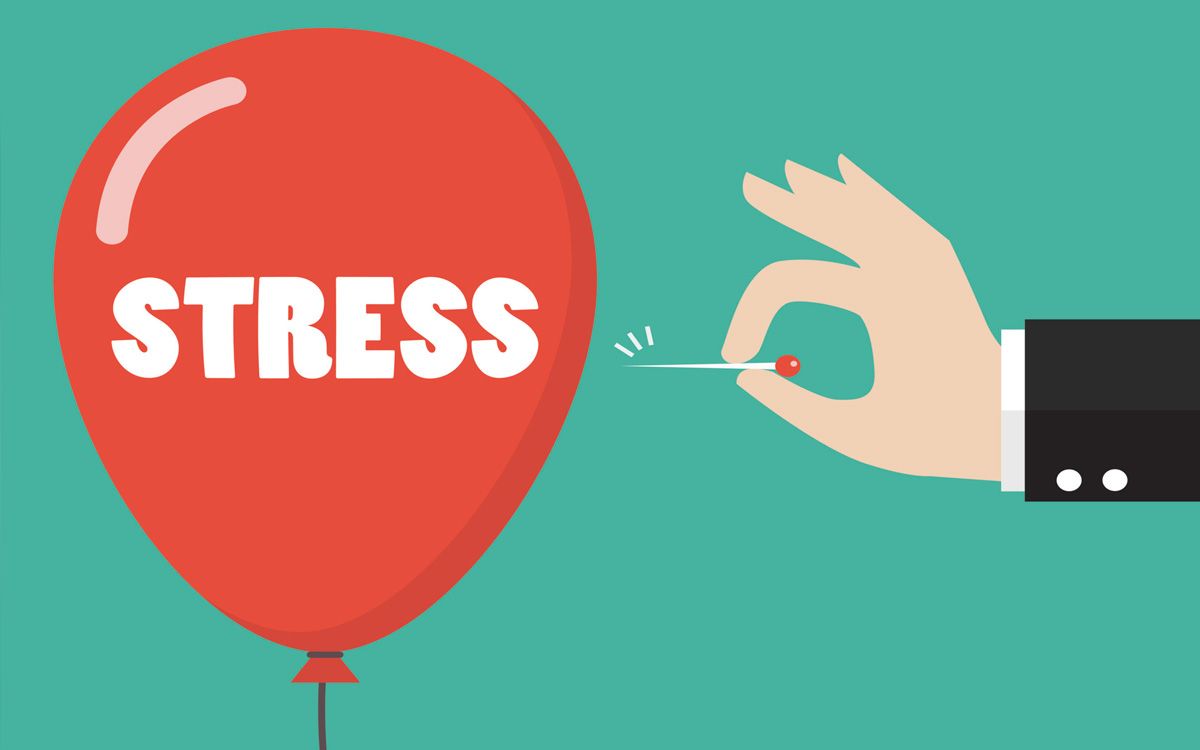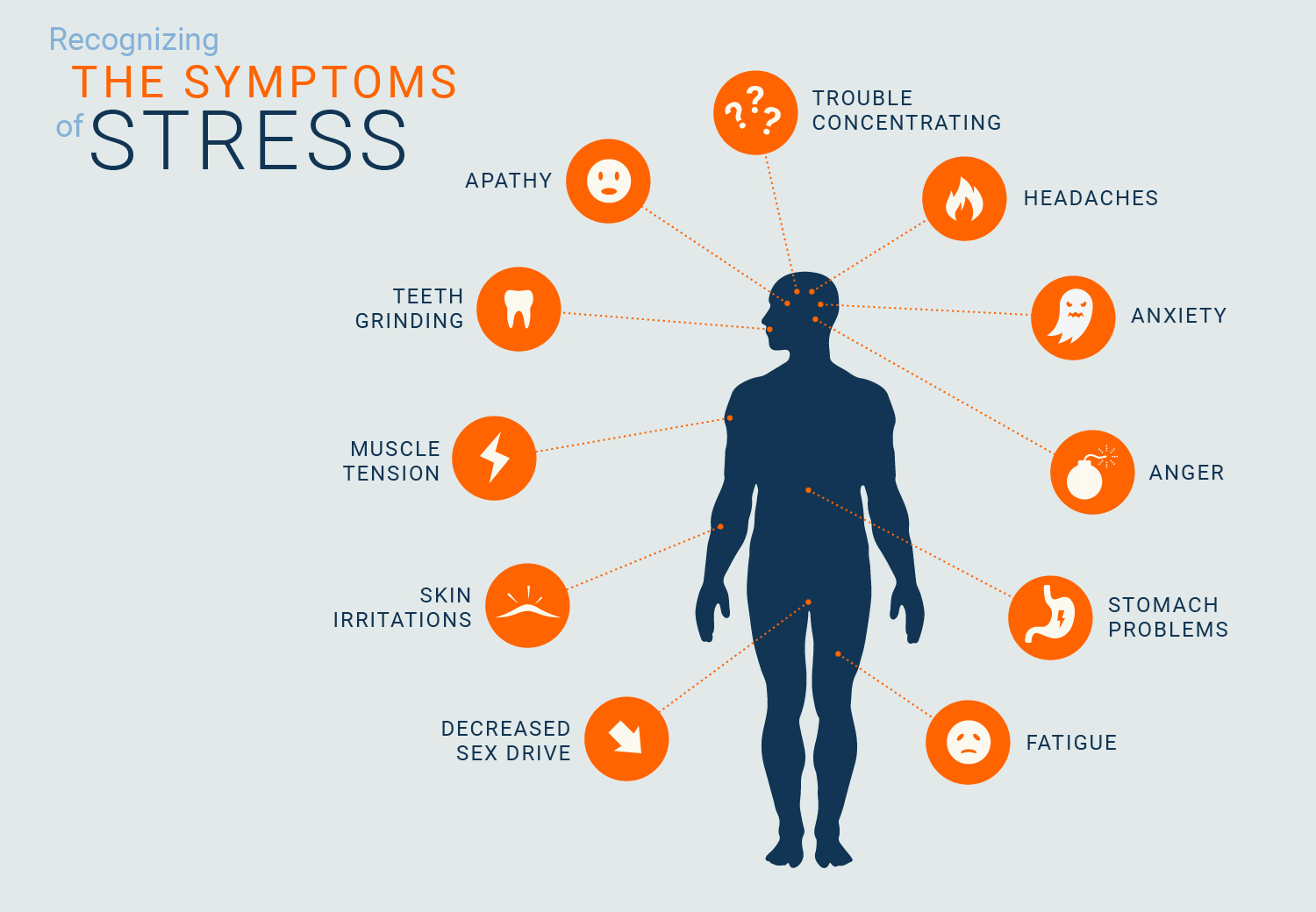How to deal with stress in your life

These are common refrains that we hear everyday — from others, from the media, from ourselves. “Life is stressful”. Yes, life is full of challenges and stressors — deadlines, traffic jams caused by the new light rail building works, arguments with a spouse, work pressures, social anxieties, too many competing priorities, new relationships, navigating school or study — all are potential causes of stress in some degree or other.
“I’M SO STRESSED”.
“THIS IS TOO STRESSFUL”
“THIS IS STRESSING ME OUT.”
The good part about stress, the absolutely normal bit, is that experiencing stress is part of being alive. A small amount of stress, such as going to a job interview or meeting a deadline, can be useful. It can lead to increased alertness, motivation, energy and productivity.
Stress is a human response to challenging or dangerous situations. We have evolved over time to be able to experience a range of stressors and recover from them. Stress triggers the ‘fight-flight-freeze’ response, preparing the body to take action against potential danger. Back in our ancestors’ day, the stress response enabled us to either fight the sabre tooth tiger, run away from it, or freeze and pretend to be dead and hope it would ignore us.
The stress response releases hormones such as adrenaline and cortisol, causing the heart rate, metabolism and breathing rate to speed up so we can face the threat and survive. It works brilliantly well for short-term threats, but if the stress response goes on for too long, it can have damaging effects on the mind and body.
In this day and age, we often perceive all “threats” to be a sabre tooth tiger — the traffic congestion, the boss striding through the office, our partner’s crankiness, a phone call from the bank, a deadline, being “unfriended” with no explanation. Stress can be caused by our circumstances or by our own attitudes and expectations. If stress is greater than our perceived ability to cope, it can lead to physical and mental health issues, and cause problems with relationships and work. Many people experience chronic stress or “burnout” without even knowing it.

If you are too “stressed” for too long you might start feeling:
- Hopeless and helpless, feeling incapable
- Irritable or angry for no reason
- Like you want to withdraw from people
- Anxious and worried all the time
- Extra “sensitive”
You might notice physical symptoms such as:
- Stomach upsets
- Headaches and muscle tension
- Sleep problems
- Appetite change — eating more, or less, than usual
And your behaviours and habits might change. You might drink more, increase use of prescription or other drugs, you might take days off work.
“I FEEL LIKE THE LIFE HAS BEEN SUCKED OUT OF ME”. “I DON’T CARE ABOUT ANYTHING ANYMORE.
“Burnout” can be dangerous to our physical and mental health and might be characterised by:
- Feeling exhausted all the time, unable to perform basic tasks
- Losing motivation in many aspects of life, including work and friendships
- An inability to focus or concentrate on tasks
- Feelings of emptiness, lacking in emotion
- Losing your passion and drive
- Increased conflict in relationships with colleagues, friends and family
- Withdrawing emotionally from friends and family.
If left untreated, burnout may cause or exacerbate mental health concerns such as depression and anxiety disorders.
If you feel stressed, make sure you take regular time out. Switch off from technology, develop your problem-solving skills, learn to say “no” and avoid over-extending yourself. Get support and tell others how you feel. Learn relaxation techniques, do things you value and enjoy, and look at your priorities to make work and life more manageable.
If you are feeling overwhelmed by stress and feel unable to cope, do seek advice from a counsellor or health professional.
NEED HELP OR SOMEONE TO TALK TO?
Julia provides psychological counselling and support for a range of mental health issues and can be contacted via lifeunlimited.com.au












